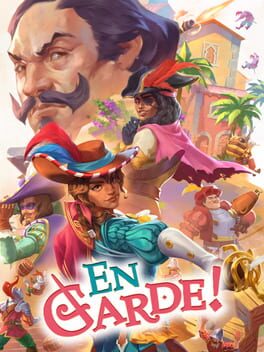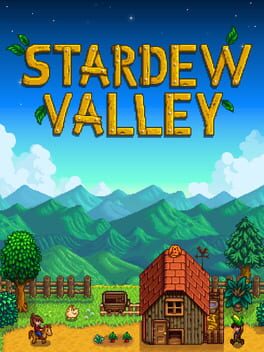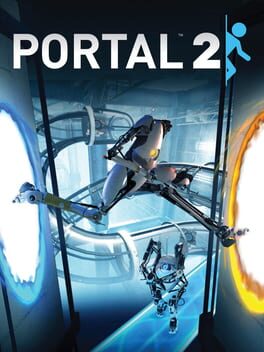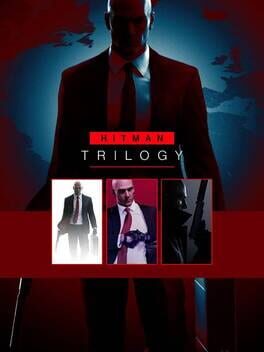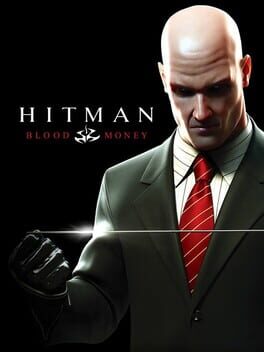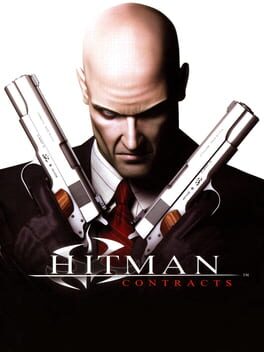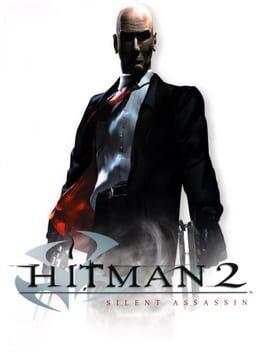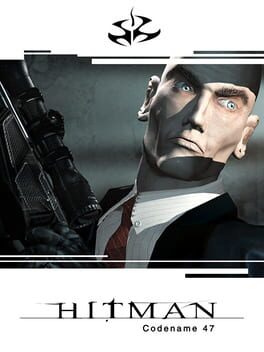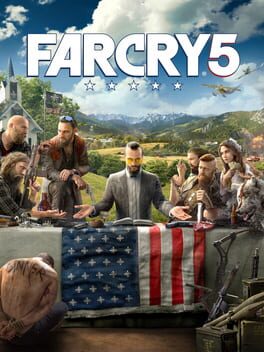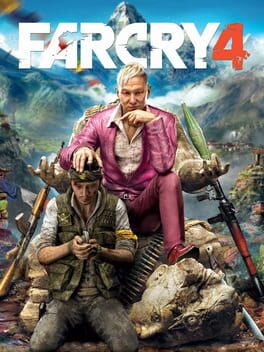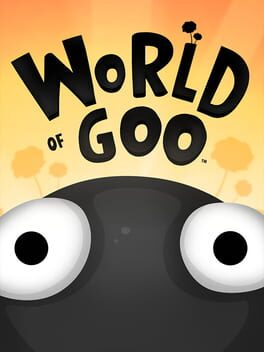Florien
2023
Excellent game, and despite the controls being nominally built for a gamepad, the keyboard too works very well. The combat is interesting, as while most non-boss enemies are fairly easy, (with maybe one exception), nearly every enemy gets more dangerous in groups and thus most of the combat becomes figuring out how to break groups up by using the environment so you can quickly eliminate individual enemies, which is an unusual but fun idea.
2016
2011
While more technically impressive than its predecessor, and having multiple fun characters (Glados talks a lot more here, most of her popular characterization comes from this game, whereas in the first game she was really kind of uninteresting) the good story and characters are marred by a series of terrible puzzles in the underground sections and a love of making people do long walks and hunt for tiny, distant patches of portalable surfaces. Partly this is done to allow time for the extensive dialogue, but at times it feels like long walks for the sake of bloated environmental storytelling about the rise and fall of Aperture. Ultimately this means that it's not actually an improvement on its predecessor, just a very different game that's reaches the same overall quality through very different means.
2007
2022
2012
2006
2004
2000
2018
It's got many of the same issues as its predecessor, but they've also made several quests no longer busywork but relatively unique, and allow you to listen to the propaganda radio even after clearing an area which is great, and the different versions of the propaganda radio in different regions is a cool choice. However, the game mistakes enemy spam for difficulty at times, leading to the game being extremely easy except when it's being ridiculously unfair. As a result, you'll end up clearing regions really quickly but struggling on quests. (The collection quests in particular are very much busywork.) Also it's weird how the televangelist character uses catholic imagery when this is set in distinctly protestant Montana but that's a nitpick.
2014
2008
This one is really interesting in how its set up, though many mechanics are kind of opaque (in particular, it's not made clear that you can create new trade goods, nor that if you deliver enough to ports without them (in most cases) they will start carrying that good too.) However, it is still very good despite occasional opacity.
This is the odd one of the tradewinds series, in that it's about land trade, and trading for money isn't actually that effective generally without extensive time investment, and pack animals and soldiers are disconnected entirely and have interesting behaviors and tradeoffs. However, while this does make sandbox play kind of dull, it adds significantly to the story mode, so it balances out.
